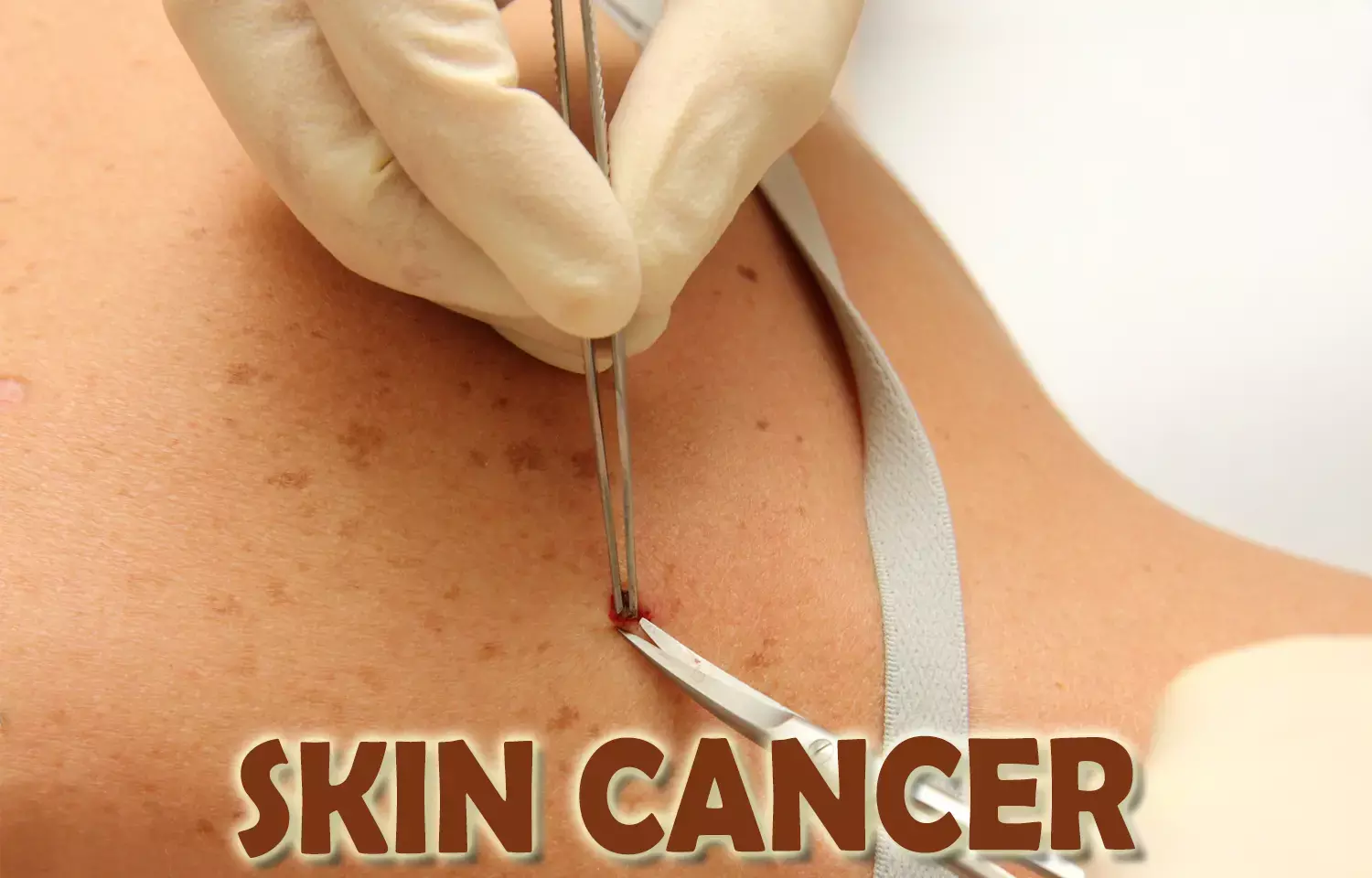- Home
- Medical news & Guidelines
- Anesthesiology
- Cardiology and CTVS
- Critical Care
- Dentistry
- Dermatology
- Diabetes and Endocrinology
- ENT
- Gastroenterology
- Medicine
- Nephrology
- Neurology
- Obstretics-Gynaecology
- Oncology
- Ophthalmology
- Orthopaedics
- Pediatrics-Neonatology
- Psychiatry
- Pulmonology
- Radiology
- Surgery
- Urology
- Laboratory Medicine
- Diet
- Nursing
- Paramedical
- Physiotherapy
- Health news
- Fact Check
- Bone Health Fact Check
- Brain Health Fact Check
- Cancer Related Fact Check
- Child Care Fact Check
- Dental and oral health fact check
- Diabetes and metabolic health fact check
- Diet and Nutrition Fact Check
- Eye and ENT Care Fact Check
- Fitness fact check
- Gut health fact check
- Heart health fact check
- Kidney health fact check
- Medical education fact check
- Men's health fact check
- Respiratory fact check
- Skin and hair care fact check
- Vaccine and Immunization fact check
- Women's health fact check
- AYUSH
- State News
- Andaman and Nicobar Islands
- Andhra Pradesh
- Arunachal Pradesh
- Assam
- Bihar
- Chandigarh
- Chattisgarh
- Dadra and Nagar Haveli
- Daman and Diu
- Delhi
- Goa
- Gujarat
- Haryana
- Himachal Pradesh
- Jammu & Kashmir
- Jharkhand
- Karnataka
- Kerala
- Ladakh
- Lakshadweep
- Madhya Pradesh
- Maharashtra
- Manipur
- Meghalaya
- Mizoram
- Nagaland
- Odisha
- Puducherry
- Punjab
- Rajasthan
- Sikkim
- Tamil Nadu
- Telangana
- Tripura
- Uttar Pradesh
- Uttrakhand
- West Bengal
- Medical Education
- Industry
Vitamin B3 protects from UV rays, reduces skin cancer incidence: Study

LUGANO - Researchers have found in a new study that consumption of vitamin B3 or nicotinamide may protect from non-melanoma skin cancers. The study shows that form of vitamin B3 could protect skin cells from the effects of ultraviolet (UV) exposure: the main risk factor for non-melanoma skin cancers.The study was presented at the meeting of European Academy of Dermatology and Venereology.
Vitamin B3 is one of eight water-soluble B vitamins and is also known as nicotinic acid, niacinamide and nicotinamide.It acts as an antioxidant and plays a role in cell signaling and DNA repair and it's deficiency is characterized by skin problems, dementia and diarrhea.
It is readily available in the daily diet including occurs naturally in many foods, including greens, meat, poultry, fish, and eggs, although in a fraction of the dose shown to achieve changes in cholesterol. Many products are also fortified with niacin during manufacturing.
There are two main types of skin cancer: non-melanoma skin cancer (which includes basal cell skin cancer, squamous cell skin cancer and other rare types) and melanoma skin cancer.
Researchers in Italy isolated cells (human primary keratinocytes) from the skin of patients with non-melanoma skin cancers. These cells were treated with three different concentrations of nicotinamide (NAM), a form of vitamin B3, for 18, 24, and 48 hours and then exposed to UVB.
Results show that pre-treatment with 25μM of NAM 24 hours before UV irradiation protected the skin cells from the effects of UV-induced oxidative stress, including DNA damage. NAM enhanced DNA repair, demonstrated by decreased expression of the DNA repair enzyme OGG1. Furthermore, it decreased antioxidant expression and blocked local inflammation by showing decreased nitric oxide (NO) release and reactive oxygen species (ROS) production, and reduced iNOS protein expression.
Lara Camillo, a research student from the Dermatological Unit of AOU Maggiore della Carità, Novara, Italy says: "Our study indicates that increasing the consumption of vitamin B3, which is readily available in the daily diet, will protect the skin from some of the effects of UV exposure, potentially reducing the incidence of non-melanoma skin cancers. However, the protective effect of vitamin B3 is short-acting, so it should be consumed no later than 24 to 48 hours before sun exposure."
Non-melanoma skin cancers are the most common malignancies in the Caucasian population and incidence is increasing worldwide. The main risk factor is UV radiation exposure, which damages the DNA, increases ROS production, activates local inflammation, and depletes cellular energy, leading to genomic instability and cell death.
Dr Kamal Kant Kohli-MBBS, DTCD- a chest specialist with more than 30 years of practice and a flair for writing clinical articles, Dr Kamal Kant Kohli joined Medical Dialogues as a Chief Editor of Medical News. Besides writing articles, as an editor, he proofreads and verifies all the medical content published on Medical Dialogues including those coming from journals, studies,medical conferences,guidelines etc. Email: drkohli@medicaldialogues.in. Contact no. 011-43720751


